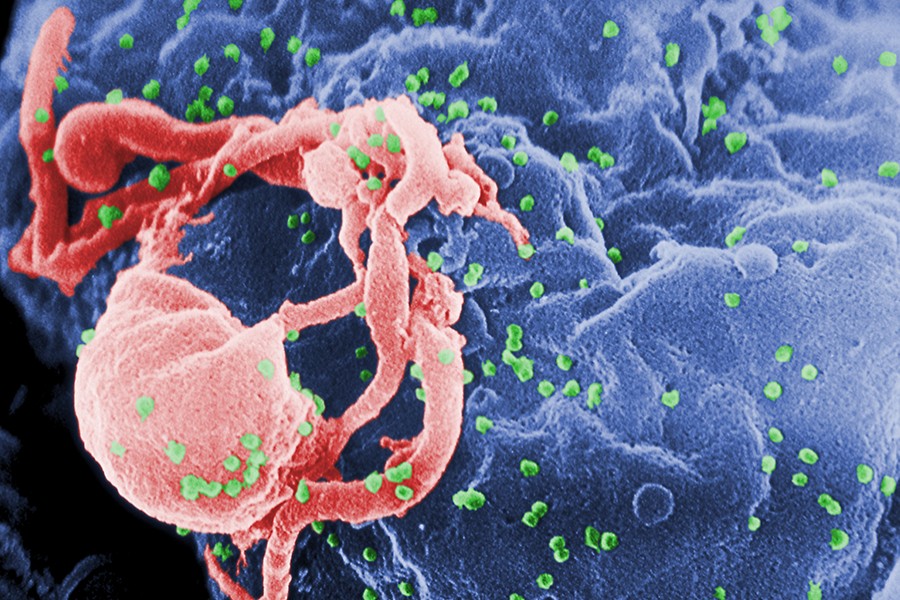Namibia's health system has drastically reduced the risk of about 200,000 people living with HIV and Aids from contracting coronavirus through the distribution of antiretroviral drugs for consumption over a prolonged period and reduce their frequent visiting at the public health facilities.
The proactive plan has seen Namibia reaping the rewards of pre-planning on combating the spread of HIV and Aids despite a challenging environment created by the coronavirus.
While the country has managed to implement containing measures for COVID-19, Namibia is also implementing a side plan including telephone counselling for HIV patients, as well distribution on vital information to their HIV patients through technologically driven means that do not include face to face engagements to reduce the risk of COVID-19.
According to the Namibian government, 20 percent of the population are living with HIV while 96 percent of the people living with HIV and Aids are on antiretroviral drugs and know their status.
Centers for Disease Control and Prevention Namibia country director Eric Dziuban on Thursday said Namibia is now one of the leading countries in Africa which has come up with a commendable plan that combats both COVID-19 and HIV and Aids without compromising the other.
"We already started distributing more drugs to patients living with HIV and Aids that can last for up to four months. The idea behind this is to make sure that the people living with HIV and Aids do not get to be visiting public health facilities unnecessarily during the times of COVID-19 and also to make sure that our public health facilities are not unnecessarily congested," he said.
According to Dzuiban, Namibia's young population between age 15 and 24 are more susceptible to HIV and Aids, prompting the government in the country to design most of the sensitization programme designed to target that age group.
"These measures are proving successful on both fronts as the country has not recorded any deaths from COVID-19 while the numbers of new HIV infections are well controlled," he said.
Ministry of Health chief medical officer responsible for Sexually Transmitted Diseases and HIV Laimi Ashipala said Namibia is also implementing constant counselling and engagement plan with HIV patients using different communications including telephones, Skype calls, Zoom calls as well WhatsApp to ensure the continuous distribution of vital information to patients at a time when they cannot be engaged face to face because of COVID-19.
Director of Special Programme in the Ministry of Health and Social Services Anne Marie Nitschke said Namibia has also managed to stock up enough antiretroviral drugs (ARVs) for its population living with HIV despite the disruption in transportation channels caused by COVID-19.
"We have a good enough supply of ARVs for our patients and the ongoing challenges of COVID-19 did not really disrupt our supply chain. We had to work hard in the beginning but in the meantime, our patients will have enough access to drugs," she said.


